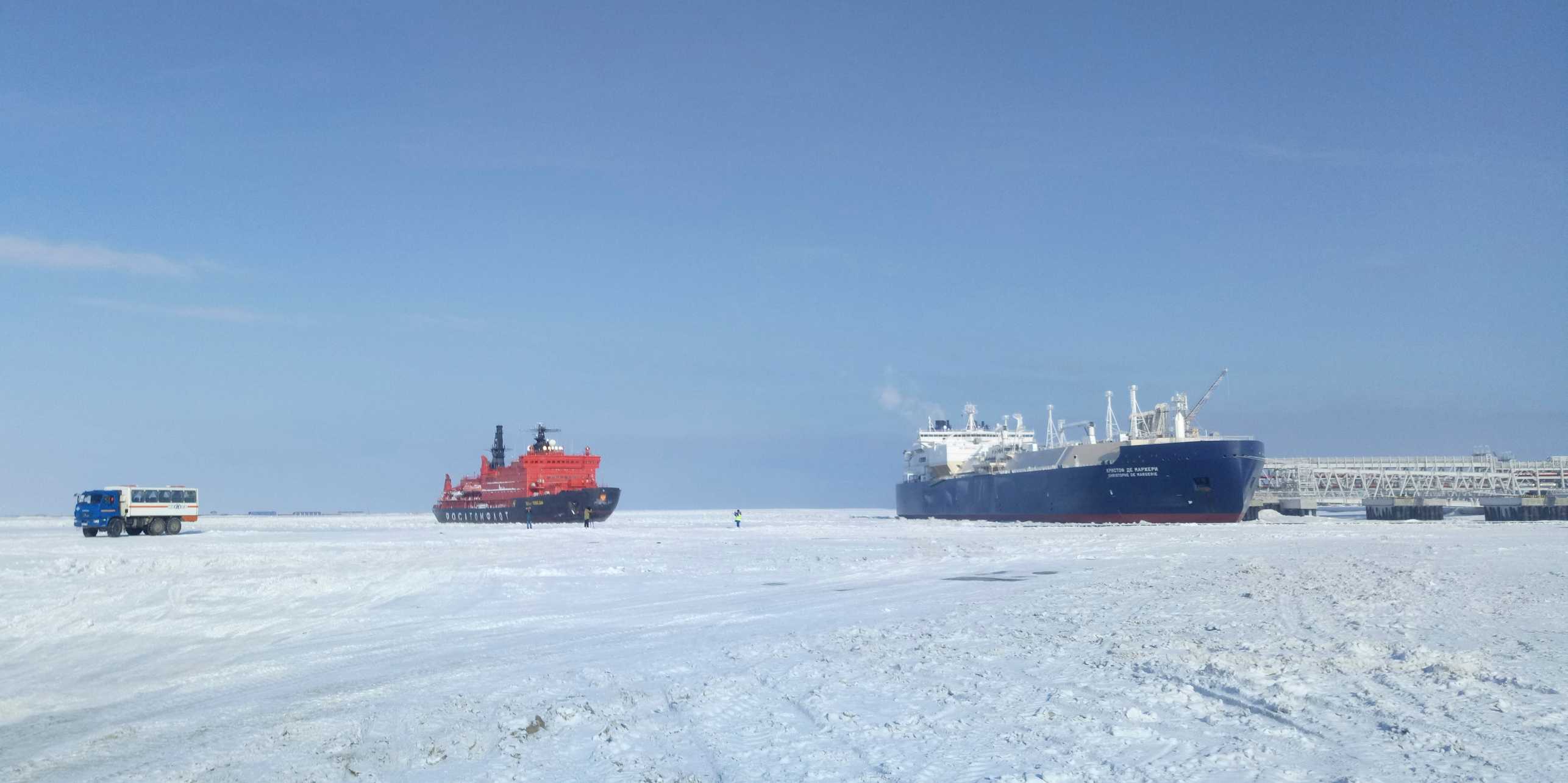Arctic Matters: Sino-Russian Dynamics
As the Arctic ice recedes, interest in resource extraction and promising trade routes increases, argue Maria Shagina and Benno Zogg in this CSS Analysis. Two actors in particular will have a strong impact on the region: China and Russia. Both are bound by an intricate dynamic of cooperation and competition, particularly in the energy sphere. As their interests do not always overlap, tensions and asymmetries between them may increase.

The last couple of years have seen unprecedented attention for the Arctic by media and think tanks, with reports of Arctic wildfires, oil spills, new energy projects, military exercises, or the ubiquitous image of polar bears on melting ice. July 2020 marked another record-low coverage of ice on the Arctic ocean, making resource deposits and trade routes more accessible. Arctic routes promise shortened shipping lanes between Asia and Europe, creating commercial opportunities. At the same time, climate change is increasingly threatening the fragile ecosystem and local populations, and geopolitical rhetoric is becoming ever more present in the Arctic.